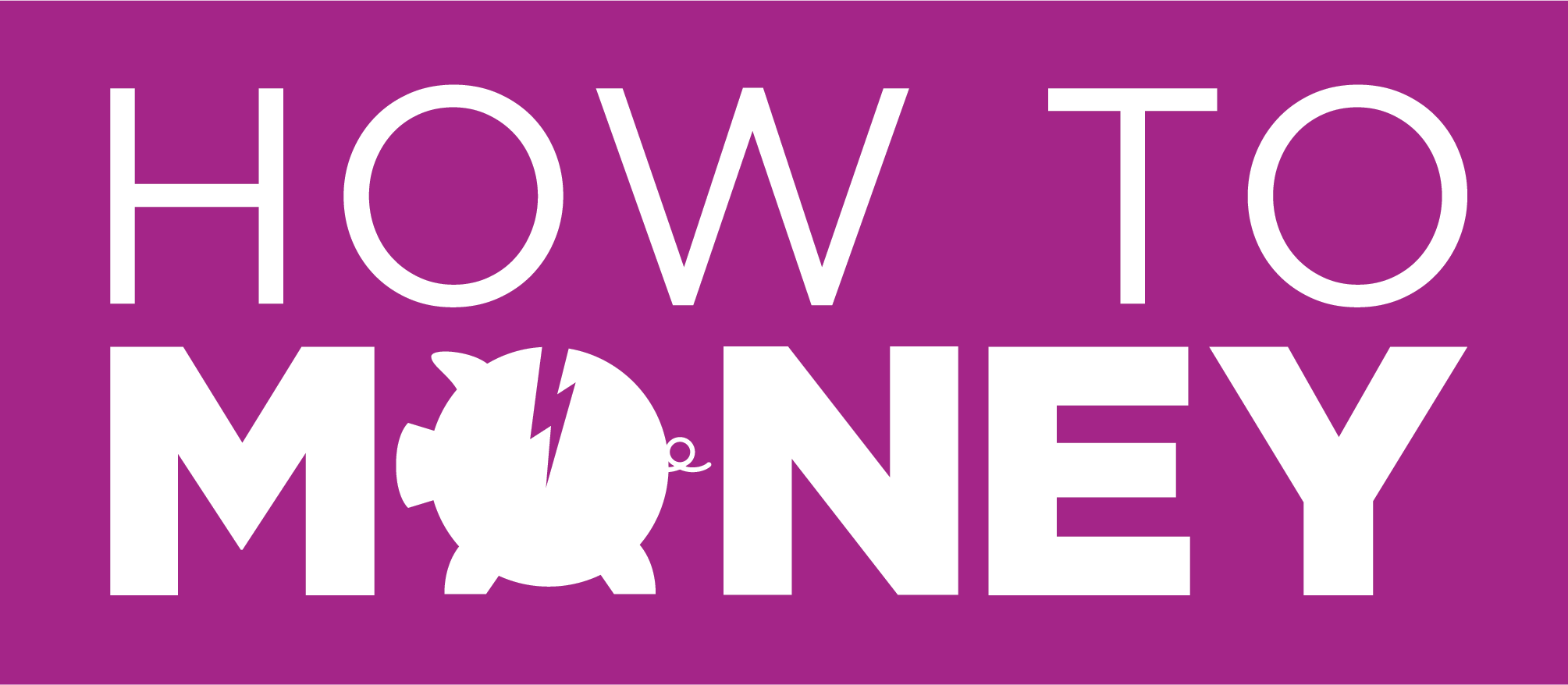
Your 10 Step Moving House Checklist
This article was originally published at Canstar as Moving House Checklist: Key considerations when moving.
Moving house can be a busy time, often requiring plenty of careful planning and physical labour. Whether you’re upsizing, downsizing, sea- or tree-changing, many of us move house several times over the course of our lives and understand there are many logistics involved in any successful move. To help you on your way, we have put together a moving house checklist of some of the common things you may need to do before you close that front door for the last time.
Some of the steps you often need to take when moving house include:
- Find a removalist service
- Collect packing boxes
- Consolidate and pack
- Pay outstanding bills
- Disconnect and connect all utilities
- Arrange cleaners
- Organise insurance
- Update your address details
- Redirect your mail
- Cancel or redirect other regular deliveries
Before you begin packing, it’s a good idea to take stock of your belongings to see where you can cut back. Often you may find the same box is moved from house to house without being totally unpacked. If you haven’t used it in the last few years, do you really need it? You could also try to start packing the non-day-to-day items earlier, to reduce the workload closer to your move date.
To help get you started when planning your move, Canstar has devised a simple checklist of some of the essentials.
1. Do you need a removalist service?
When moving, you generally have two choices — moving your belongings yourself (perhaps with the help of friends or family), or finding a professional removalist. If you would rather hire a removalist service, word-of-mouth can be an effective way to find a one that has a good track record in your area.
You can also check reviews online or consider using a platform like Airtasker to request people nearby to offer their services, but it could be a good idea to formally agree on a price in writing before you engage a third party, to avoid last-minute confusion or haggling.
You can often choose the level of support you need, from helping to pack and unpack everything through to simply loading up your pre-packed boxes and furniture.
2. Collect packing boxes
Are you packing your household items yourself? If so, you’ll usually need a supply of good-quality moving boxes and strong packing tape that won’t give way. Many removalists and storage facilities sell boxes, or you can ask for any spares at local stores.
3. Consolidate and pack
When you begin to pack, you may rediscover belongings you had long forgotten about. Think about whether you need to organise a skip bin to dispose of rubbish, arrange a garage sale for any sellable (but unwanted) items or collect pre-loved items you could donate.
When packing, make sure you use adequate padding for your fragile items and double-check the weight limits of the boxes you are using. Clearly marking which room the box is intended for can speed up the unpacking process at the other end.
4. Take care of outstanding bills
Double-check if you have any outstanding rates or utility bills. If you can, it could be a good idea to pay them off before you move or let your provider know you are moving, to reduce the risk of losing the paperwork or accidentally accruing late fees.
5. Disconnect and connect utilities
When you know your move-out date, you can arrange for your utilities to be disconnected at the house you are moving out of and connected ready for your arrival at your new house. These include:
- Landline/broadband/NBN
- Gas
- Electricity
- Water
Sometimes utility providers will require access to your new house which may mean a delay in getting connected, so it could be worth ensuring you have a contingency plan in place. Our friends at Canstar Blue have put together some advice on choosing an electricity provider. There’s also a handy article about finding the best internet plan for renters.
6. Arrange cleaning
When it comes to cleaning a rental property, often you have a choice of whether you want to do it yourself or hire the services of a professional (depending on which state or territory you live in). There are many cleaners who specialise in helping people who are moving house, whether you want a bond clean after you move out of a rental property, or for your new home to be pristine before you move in.
When deciding whether you want to hire a cleaner, keep in mind most bond cleaners guarantee their work, saving you the hassle of returning to finish any cleaning a real estate agent or landlord may deem unsatisfactory, however, this option will cost you more than cleaning it yourself.
7. Consider insurance
Whether you are buying or renting, it is a good idea to consider organising insurance to protect your belongings. You can also ask your provider about cover during your move just in case anything doesn’t arrive at the new property in its original condition.
8. Update your address details
Be sure to tell your service providers what your new address is, to make sure you don’t lose important mail and that your contact details and other important information is kept up to date. In addition to the utility providers mentioned in step 5 above, these providers could include:
- Banks and any other financial institutions
- Tax and legal advisors
- Medical & dental practitioners
- The Electoral Commission
- Your superannuation fund
- The Australian Taxation Office
- Clubs, associations and other groups
- Your children’s school
- Any subscription services
- The roads authority in your state or territory, who can update your driver’s licence
- Any online shopping websites you use including Amazon, eBay and Book Depository
Don’t forget to let your friends and family know your new address.
9. Consider redirecting mail
Even if you have proactively updated your address with all your providers, it can still be a good idea to consider redirecting mail from your old house to your new one. By redirecting mail for at least three months, you can see if there are any companies or friends and family who missed the memo. You can apply to redirect your mail on the Australia Post website.
10. Cancel any other regular deliveries
Do you have newspapers delivered? How about groceries? Ensure you cancel any regular deliveries to your old address. Also, remember to cancel any other household services you may use such as a gardener or cleaner, or ask them if they can switch over to your new address if you prefer.
Shay Waraker — HTM Guest Contributor
Want to learn more about money and personal finance? Check out our article archive, the How To Money Podcast and the Australian Finance Podcast. Catch us on Twitter @HowToMoneyAUS and Instagram on @HowToMoneyAUS.
Important Information
The information on this blog and website is of a general and educational nature only. It does not take into account your individual financial situation, objectives or needs. You should consider your own financial position and requirements before making a decision, as we are not an advisory service. We recommend you consult a licensed financial adviser in order to assist you. The information is based on assumptions or market conditions which can change without notice, and this will impact the accuracy of the information provided. This website and blog occasionally provide links to third-party sites, aimed at helping you gather the information required to make an informed decision — we may receive payment for these referrals.






